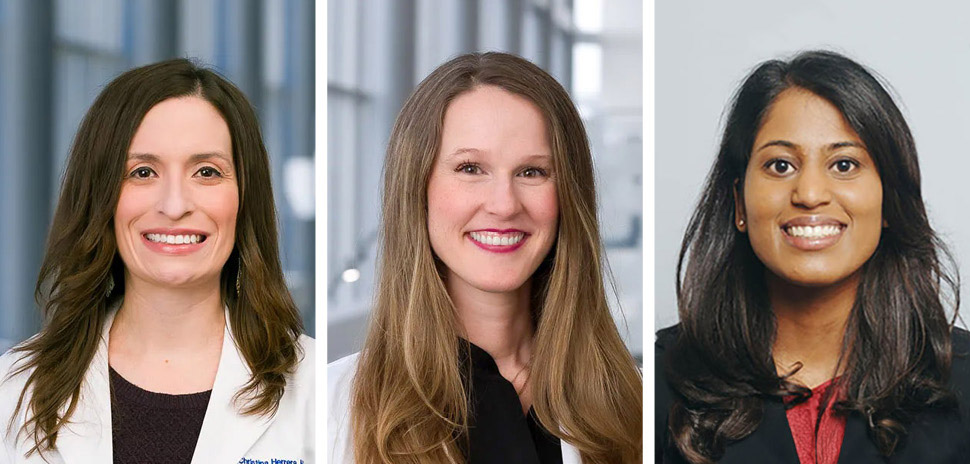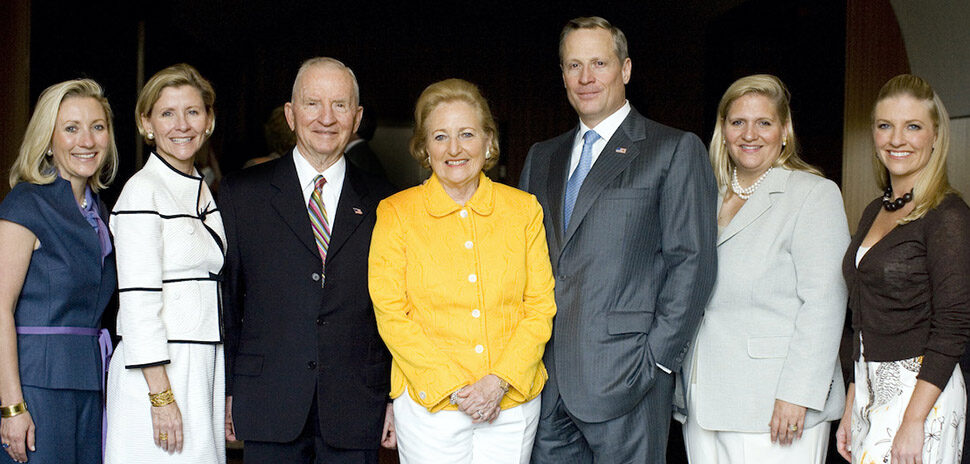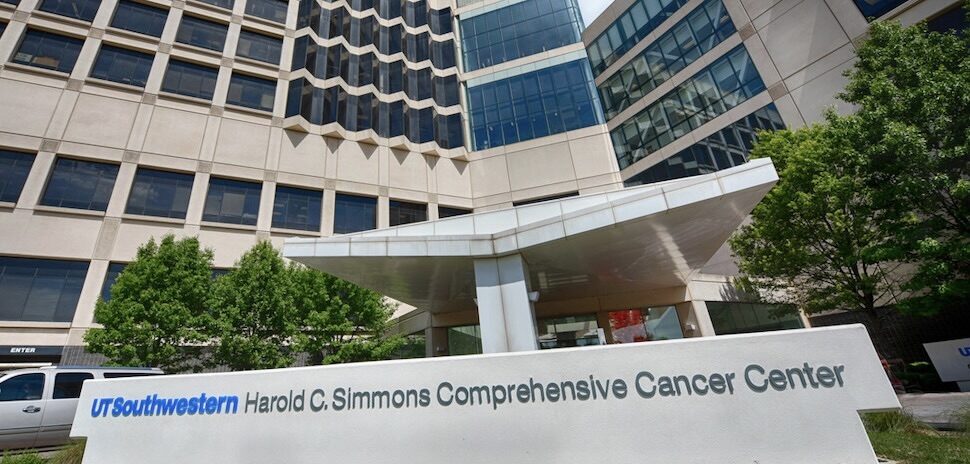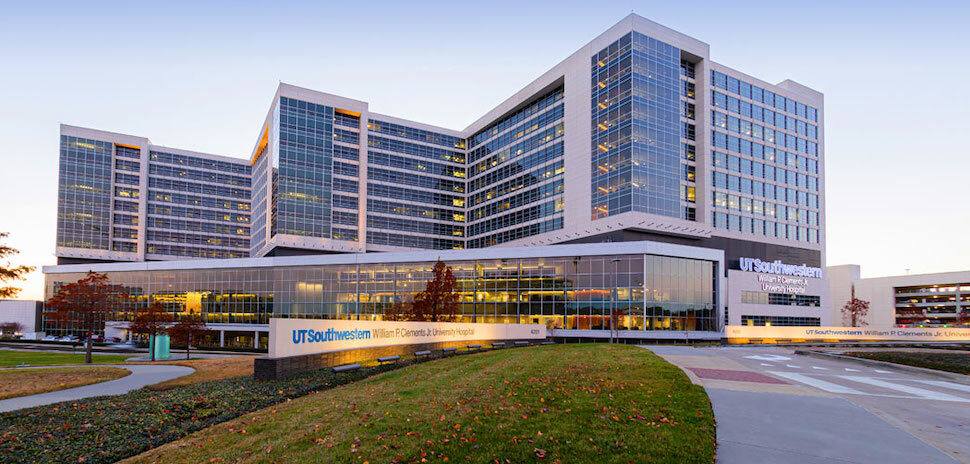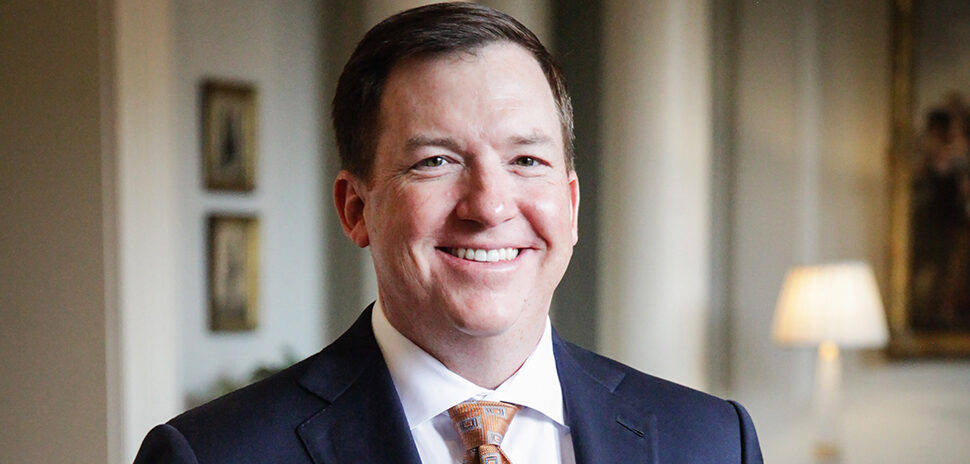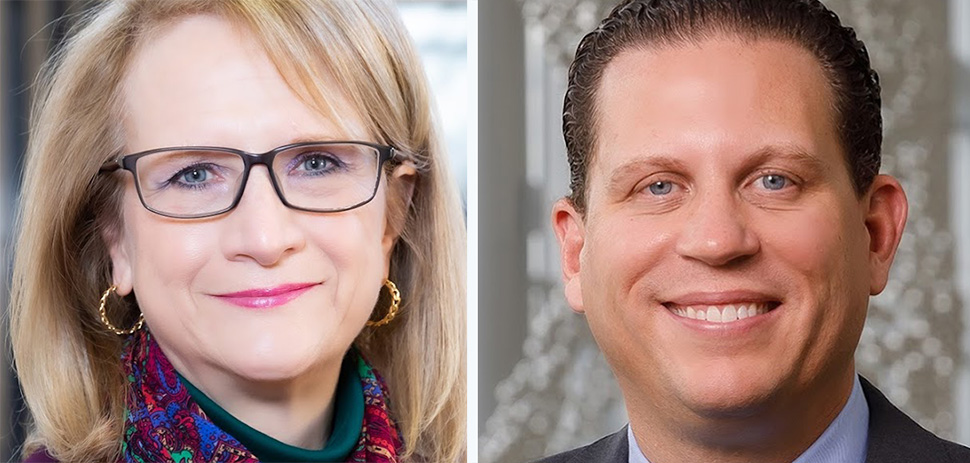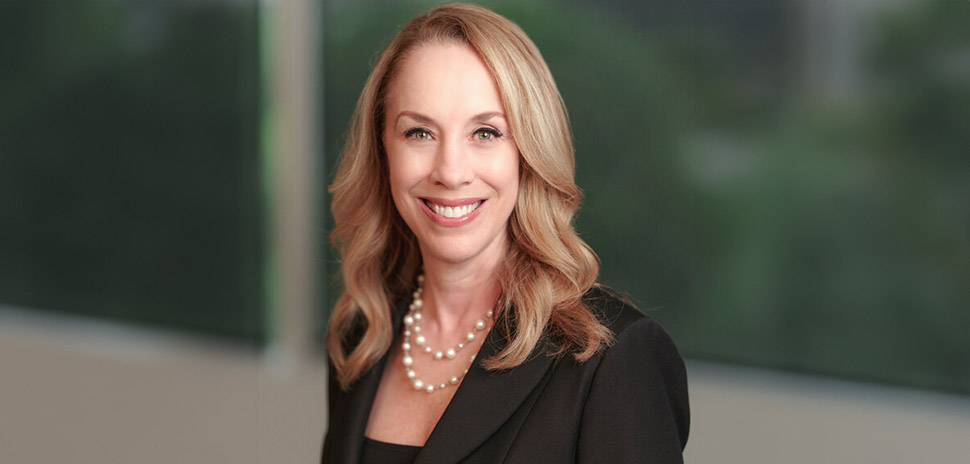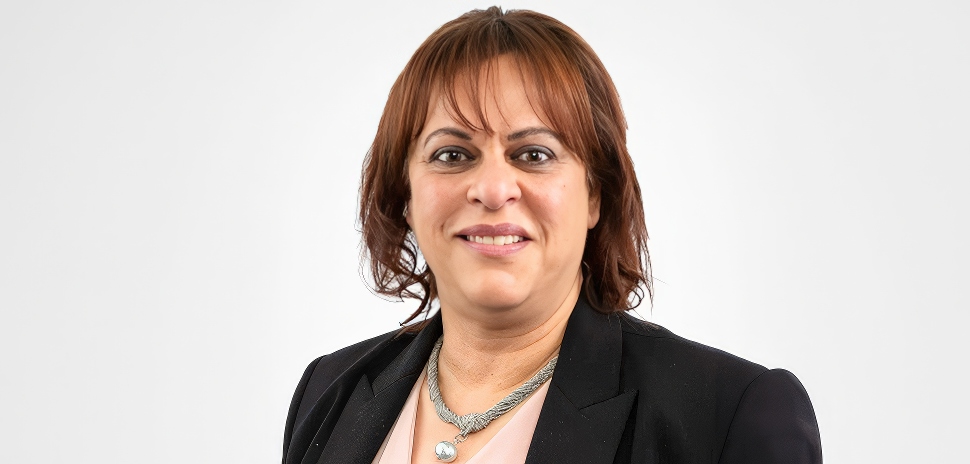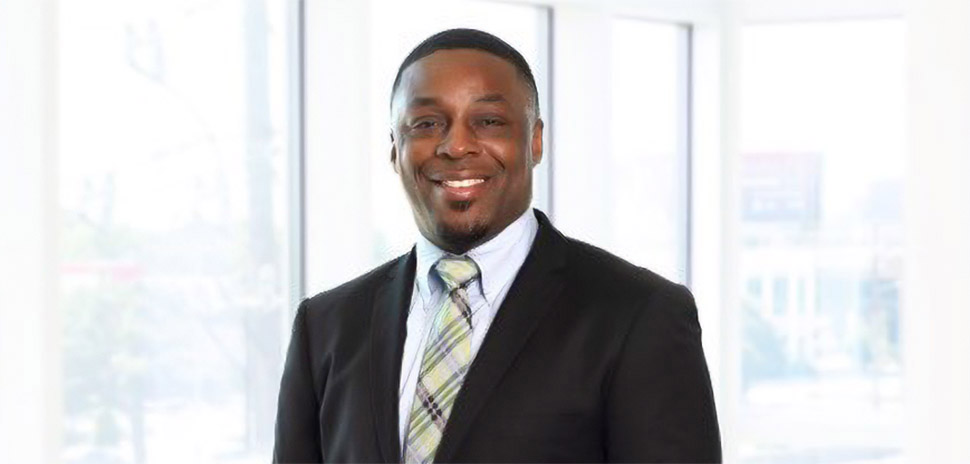Three UT Southwestern Medical Center physician-scientists pursuing the prevention and treatment of disease that affect various stages of child development have been announced as the latest recipients of the Cary Council’s Early-Stage Research Grants.
UTSW said the annual awards support its investigators working on promising research and are made possible by donations to The Cary Council, whose members refer to the award recipients as “DocStars.”
“The Cary Council’s grant recipients are leading exceptional work to provide better care for parents and children through their various areas of focus,” Southwestern Medical Foundation President & CEO Michael McMahan said in a statement. “We are thrilled to see the Council continue its steadfast support of
UT Southwestern’s innovative research, and we look forward to tracking the progress of their grant recipients as they pursue such worthy goals.”
The organization’s yearly fundraising event, An Evening With DocStars, will be held on Nov. 2 at UT Southwestern’s campus in Dallas to celebrate these rising stars and encourage community support for early-stage medical research.
“The Cary Council has been a catalyst for innovative research focused on a wide range of important unmet medical needs by investing in the next generation of physician-scientists at UT Southwestern,” UTSW President Dr. Daniel K. Podolsky said in a statement. “Their creativity in generating support for new research initiatives has been both inspiring and galvanizing.”
The 2023 ‘DocStars’
Recipients of the Early-Stage Research Grants include:
Christina Herrera, M.D., assistant professor of obstetrics and gynecology, who has been working to understand the placenta’s role during normal pregnancy and how that differs when placental disease is present. Her efforts may help doctors accurately predict placental abnormalities and intervene quickly when needed. Herrera received an undergraduate degree from Princeton University and a medical degree from Columbia University. She completed residency training at UT Southwestern.
Margaret “Katie” Hoge, M.D., assistant professor of pediatrics at UT Southwestern, has been developing a new treatment for Vulnerable Child Syndrome, a mental health phenomenon that affects parents of babies who have received treatment in the neonatal intensive care unit. Using a common form of talk therapy called Cognitive Behavioral Therapy, Hoge helps parents work through the trauma of having a child in the NICU. She is the only researcher in the nation conducting pilot studies on this condition, which often inhibits child development. Hoge received her undergraduate degree and medical degree from Wake Forest University and completed residency training at UT Southwestern.
Avanthi Shah, M.D., assistant professor of pediatrics at UT Southwestern, is working to improve how thyroid cancer is diagnosed in children. Currently, diagnosing thyroid cancer requires a biopsy, and the results can often be inconclusive. In those cases, the thyroid is removed as a precaution, requiring children to receive lifelong hormone replacement therapy. Shah’s research is working to replace the biopsy with a simple blood test that identifies tumor DNA in the bloodstream, making the process less invasive and improving the accuracy of diagnosis. She completed medical school and residency training at UT Southwestern and completed fellowship training at Stanford University.
Seed grants generate crucial funding
UT Southwestern said that The Cary Council’s Steering Committee selected honorees from faculty nominated by UT Southwestern leaders. Since the Early-Stage Research Grants were first awarded in 2017, UTSW said that The Cary Council has honored the work of 18 UT Southwestern faculty.
“The importance of these seed grants cannot be overstated,” Josie Sewell, chair of The Cary Council, said in a statement. “These grants build credibility for brilliant early-career researchers, and to-date have enabled past recipients to secure more than $13 million in follow-on funding, which is crucial for next steps in the meaningful research they are pursuing.”
Since its founding in 2015, The Cary Council has provided 18 grants of $50,000 to early-stage researchers, resulting in more than $13 million in follow-on funding. The Cary Council has been able to participate, along with community leaders and philanthropists, to contribute to UT Southwestern’s Campaign for the Brain in support of the Peter O’Donnell Jr. Brain Institute.
![]()
Get on the list.
Dallas Innovates, every day.
Sign up to keep your eye on what’s new and next in Dallas-Fort Worth, every day.










